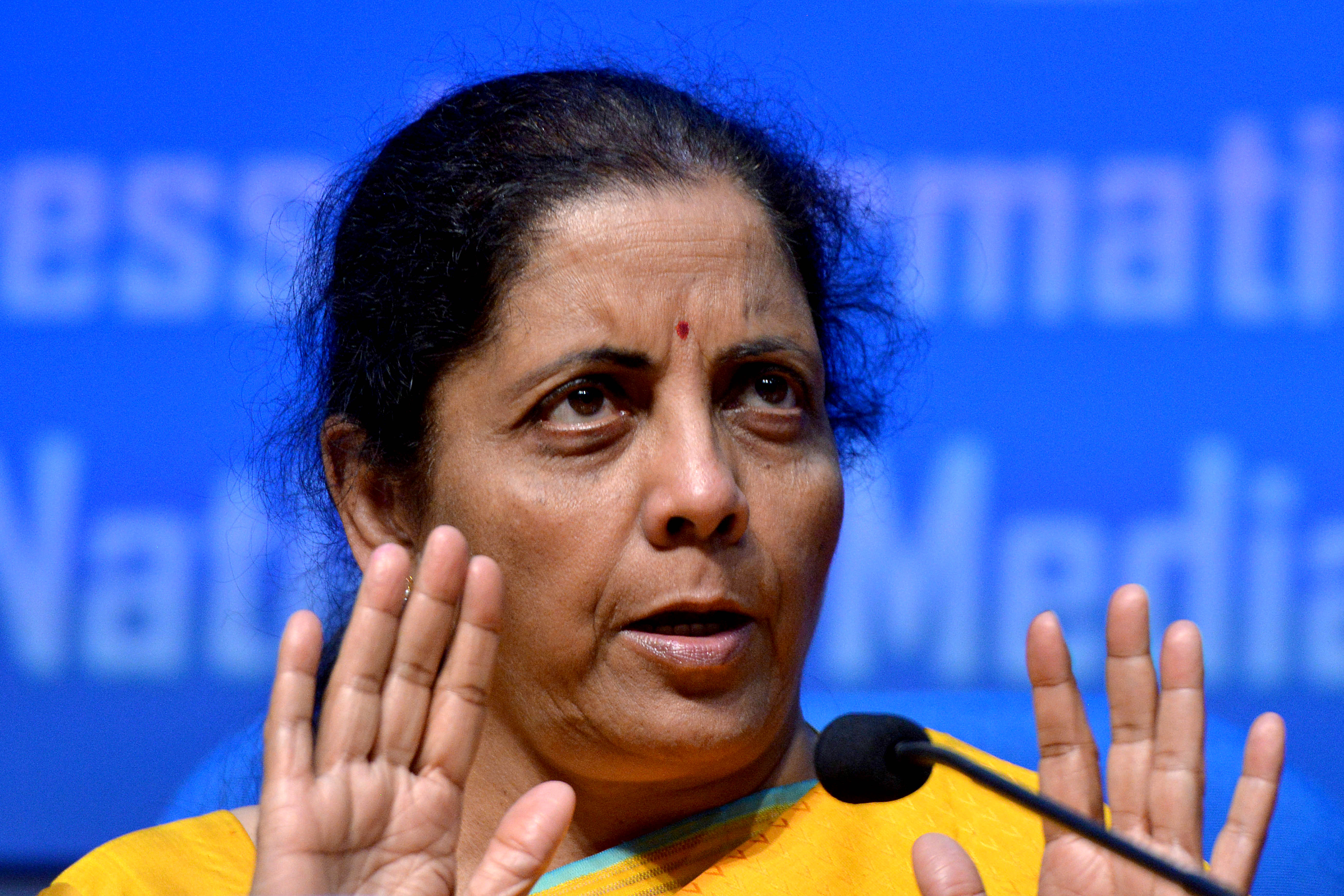Budget 2020: Finance Minister promises to double farmers’ income but ignores their problems
Promise to double the farmers’ income by 2022, is a fairy tale if you don’t talk about Minimum Support Price (MSP) and other recommendations of Dr. Swaminathan committee.

- Country:
- India
Finance Minister Nirmala Sitharaman started her budget speech with a poem of famous Kashmiri poet Pundit Dina Nath Koul – Mayon Watan (My Nation) – but for farmers, her budget seems closer to his another poem.
“Why should the share of a laborer,
be taken by a capitalist?
Why should a honeybee,
circle the flowers and take away their honey?
In her second budget which is also second for the second term of Prime Minister Narendra Modi led NDA government, she has made some announcements for agriculture but almost nothing on desired Minimum Support Price (MSP) which is considered pivotal for doubling the income of farmers by 2022. The 16-point formula for the farmers, has announcements about micro-irrigation, balanced use of fertilizers and agrochemicals, logistics, crop diversification, cold storage, transportation, farmer credit, horticulture clusters, fisheries, etc. These projects would benefit agricultural production, but the budget is silent on the monetization of agriculture produce. Here lies the gap between the promise of doubling the income and its realization for the farmers.
The target of ‘doubling the income of farmers’ is not new. It was one of the flagship projects in the first tenure of the Narendra Modi government and was also raised in the election manifesto. However, the minister has not presented any data to verify the impact of previous announcements on farmers’ income in the country and the strategy it will follow in the remaining time to achieve the target. It is due to the lack of credible data, claims and counterclaims on farmers’ income are floating in the market. The government claims an increase of about 1.9 basis points since the scheme was announced while the critics say the actual income of farmers had gone down. Out of the total INR 3 lakh crore allocation for the rural areas, the share of the agriculture sector is about INR 1.6 lakh crore.
In her budget speech, the finance minister has proposed to extend the PM Kusum Scheme which aims to provide solar pumps to 20 lakh farmers. Besides, the farmers will be provided knowledge about balanced use of the fertilizer, more warehouses, cold storage would be on PPP model, Laxmi Yojana for women farmers, Krishi Udaan Scheme to save the perishable crop, Kishan Rails for perishable goods including milk, meat, and fish, etc. The implementation of the much-hyped scheme – ‘One district, One product’ – is completely dependent on state governments. This also seems a tough task in the given political environment because the Centre seems to be in loggerheads with states ruled by opposition parties. Earlier too, several state governments had refused to implement Central government schemes such as PM Housing Scheme and Aayushman Bharat Yojana.
Above all, the budget has ignored the demands of the farmers' unions and organizations which are fighting for the implementation of the Swaminathan Committee’s recommendations. The existing insurance scheme does not address the risks of farming which is the main reason for the decreasing interest of farmers in agriculture and has also made the farming a loss-making occupation causing debt which ultimately becomes a major reason for suicides. The government has also ignored the long pending demand of farmers’ associations for a concrete policy to address farmers’ suicides in the country. At least 10,349 people working in the farm sector committed suicides in 2018, accounting for 7.7 percent of the total number of suicides in the country, which was 134,516, according to the National Crime Records Bureau (NCRB).
Though the finance minister has announced to increase the Kisan Credit Card (KCC) Scheme until 2021, she ignored the long-pending demand for decreasing the interest rate. The budget is also silent on waiving the agriculture loan of farmers. Besides, the budget has ignored another crucial recommendation of the Swaminathan Committee - securing grazing rights and seasonal forest access for tribals. How the government will implement the promise of doubling milk production? There seems a lack of a proper strategy for ensuring adequate grassland.
Furthermore, the much-hyped BharatNet scheme of the government aimed at connecting villages with the market on one hand and agriculture institutes on the other is also lagging behind the targets. According to media reports, the second phase has achieved only 7.45 percent of its target of providing connectivity to 1.5 lakh gram panchayats. The government could lay down only 92,283 km of the optical cable fiber against a target of 3.11 lakh km. Besides, low-speed internet has been a major hurdle in connecting villages with the market and agriculture-related information. According to the October 2019 Speedtest Global Index, India was ranked 128th out of 141 countries by average mobile internet speed. Thus the promise of internet connectivity also seems elusive.
In fact, the government needs to realize that unless the farmers are assured a sustainable income for their agriculture and related produce, the promise of doubling their income by 2022 would likely to remain a distant dream. Therefore, the budget should have concrete provisions for ensuring a sustainable income for farmers.
Visit Live Discourse on Budget 2020-21: Facts and Perspectives to express your views on the budget and read more stories.
(Disclaimer: The opinions expressed are the personal views of the author. The facts and opinions appearing in the article do not reflect the views of Devdiscourse and Devdiscourse does not claim any responsibility for the same.)
- READ MORE ON:
- Budget 2020
- Budget 2020-21
- Minimum Support Price
- MSP
- National Crime Records Bureau
- Nirmala Sitharaman
- Finance Minister Nirmala Sitharaman
- monetization of agriculture produce
- One district
- One product
- PM Kusum Scheme
- PPP model
- Swaminathan Committee’s recommendations
- Speedtest Global Index
- Kisan Credit Scheme
- FIRST PUBLISHED IN:
- Devdiscourse

 Rajender Kumar
Rajender Kumar









